Global Olympic Capitals: From Athens to Paris
Let’s take a look back at where the Games have been held over the past 20 years
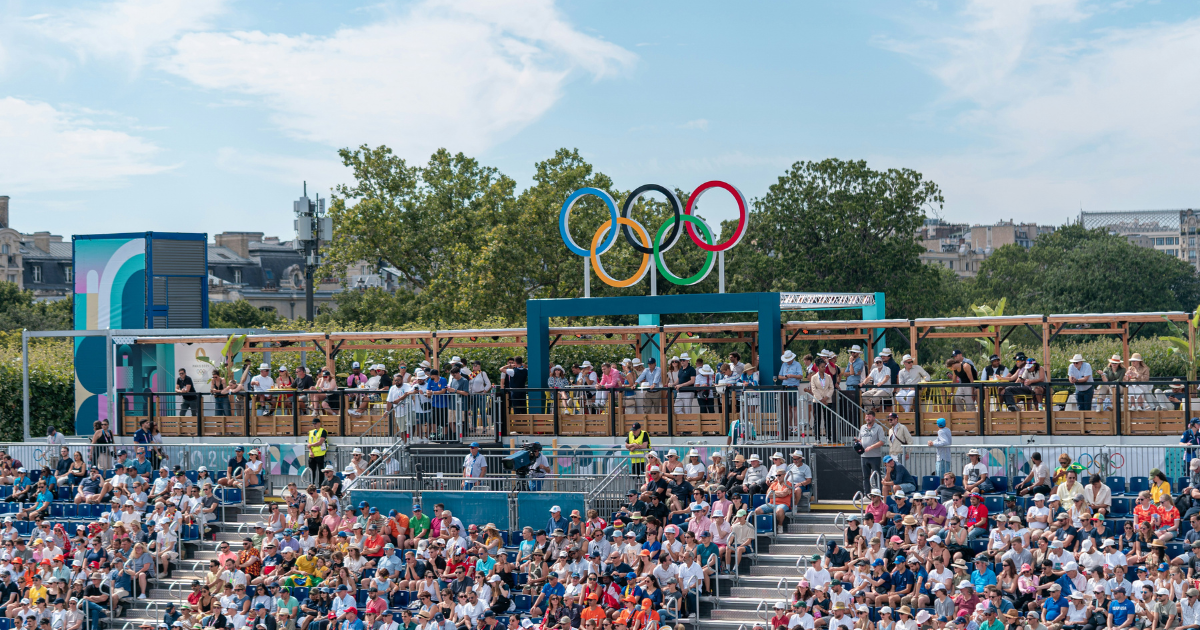
Every four years, the world holds its breath, immersing itself in the unique atmosphere of the Summer Olympic Games. It’s not just a sporting competition; it’s a symphony of nations, a celebration of peace, where athletes from every corner of the globe strive for international recognition. But the Summer Olympics are not just about the race for medals. This event reflects the cultural, social, and technological transformations of the world.
From ancient Athens to modern Paris, each Olympic host city has left its own unique mark on history. Let’s explore the key features of the six cities that have hosted the Summer Olympic Games.
Athens, Greece (2004)
Athens, the cradle of the Olympic Games, once again became the center of world sports in 2004. These Games not only marked the return of the Olympics to its roots but also symbolized the revival of ancient traditions. The city was transformed with new sports facilities, such as the Olympic Stadium and the Aquatic Center. This project helped rejuvenate the city’s infrastructure, bringing modern amenities into a historic setting while preserving the spirit of the ancient Olympic Games.
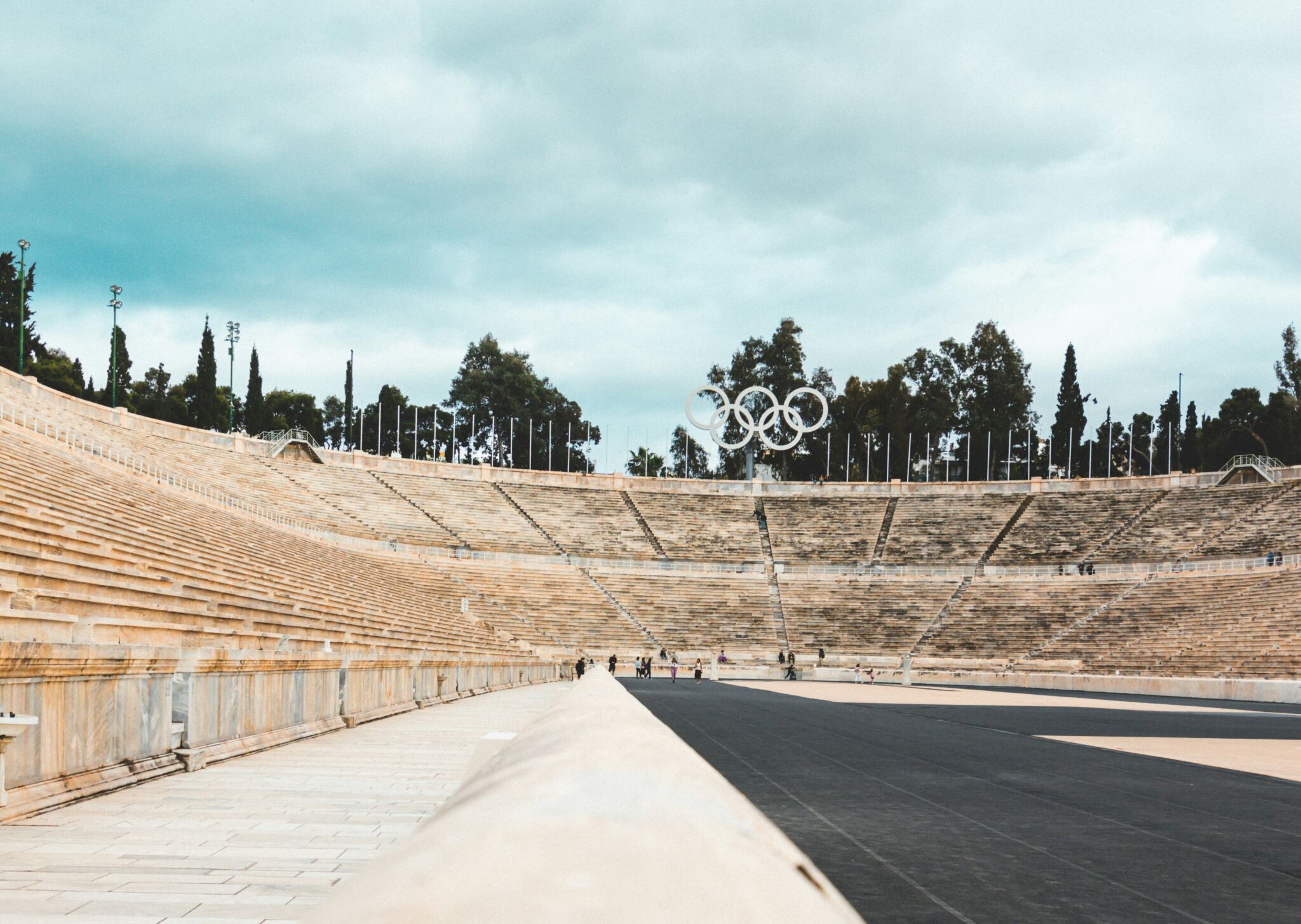
Photо: Unsplash
Beijing, China (2008)
In 2008, Beijing hosted the Olympic Games for the first time, highlighting China’s growing role on the world stage. The Olympics were memorable for their grand ceremonies and architectural masterpieces like the "Bird’s Nest" Stadium and the "Water Cube." These structures became symbols of modern China, blending tradition with cutting-edge technology. The Beijing Games showcased the country’s ambitions and its drive to lead the global community.
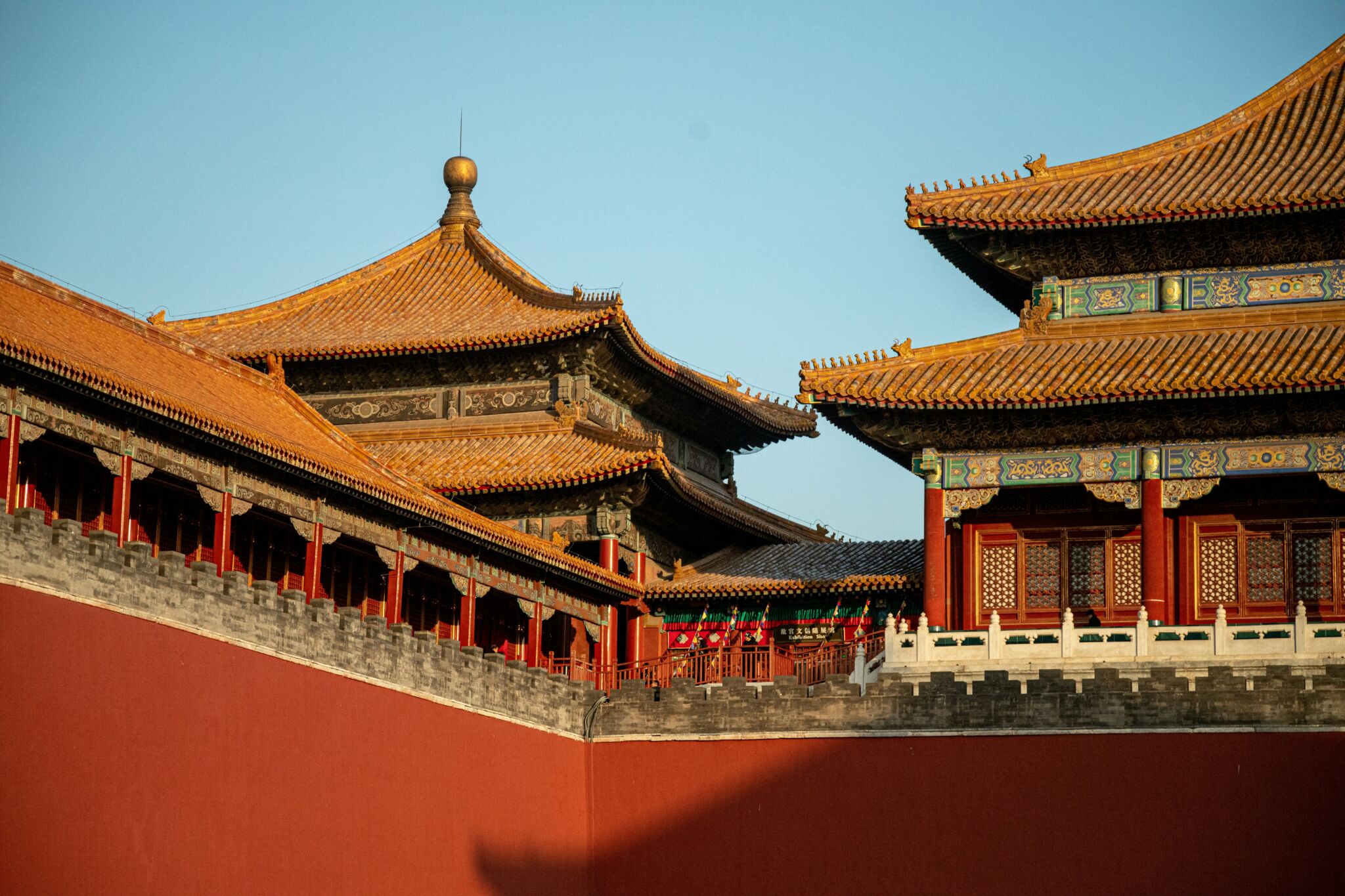
Photо: Unsplash
London, United Kingdom (2012)
London, having previously hosted the Olympics twice, became the stage for the Games in 2012, demonstrating how sports events can be seamlessly integrated into an urban landscape. The Olympic Park in Stratford, built on abandoned industrial sites, was transformed into a modern residential and cultural area that continues to serve the city after the Games. London 2012 was also remembered for its organization and high level of volunteer participation, making the Games accessible and enjoyable for both spectators and participants.

Photо: Unsplash
Rio de Janeiro, Brazil (2016)
Rio de Janeiro made history as the first South American city to host the Olympic Games. The opening ceremonies in Rio were vibrant and unforgettable, reflecting Brazil’s rich cultural heritage. The city, with its famous beaches like Copacabana and the majestic Christ the Redeemer statue on Corcovado, provided a stunning backdrop for the competitions. However, the Games were also marked by infrastructure challenges and economic difficulties, highlighting the complex realities of the region. Nevertheless, the Rio Olympics celebrated the spirit and energy characteristic of South America.

Photо: Unsplash
Tokyo, Japan (2021)
Tokyo, which hosted the Games in 2021, became the epicenter of global sports during the COVID-19 pandemic. The Games were held with almost no spectators, requiring special organization and technology to ensure safety. Tokyo demonstrated its ability to adapt by incorporating robotics and artificial intelligence, making this Olympics one of the most technologically advanced in history. Additionally, the Games were a significant moment for Japan, showcasing its achievements and recovery from the crisis.
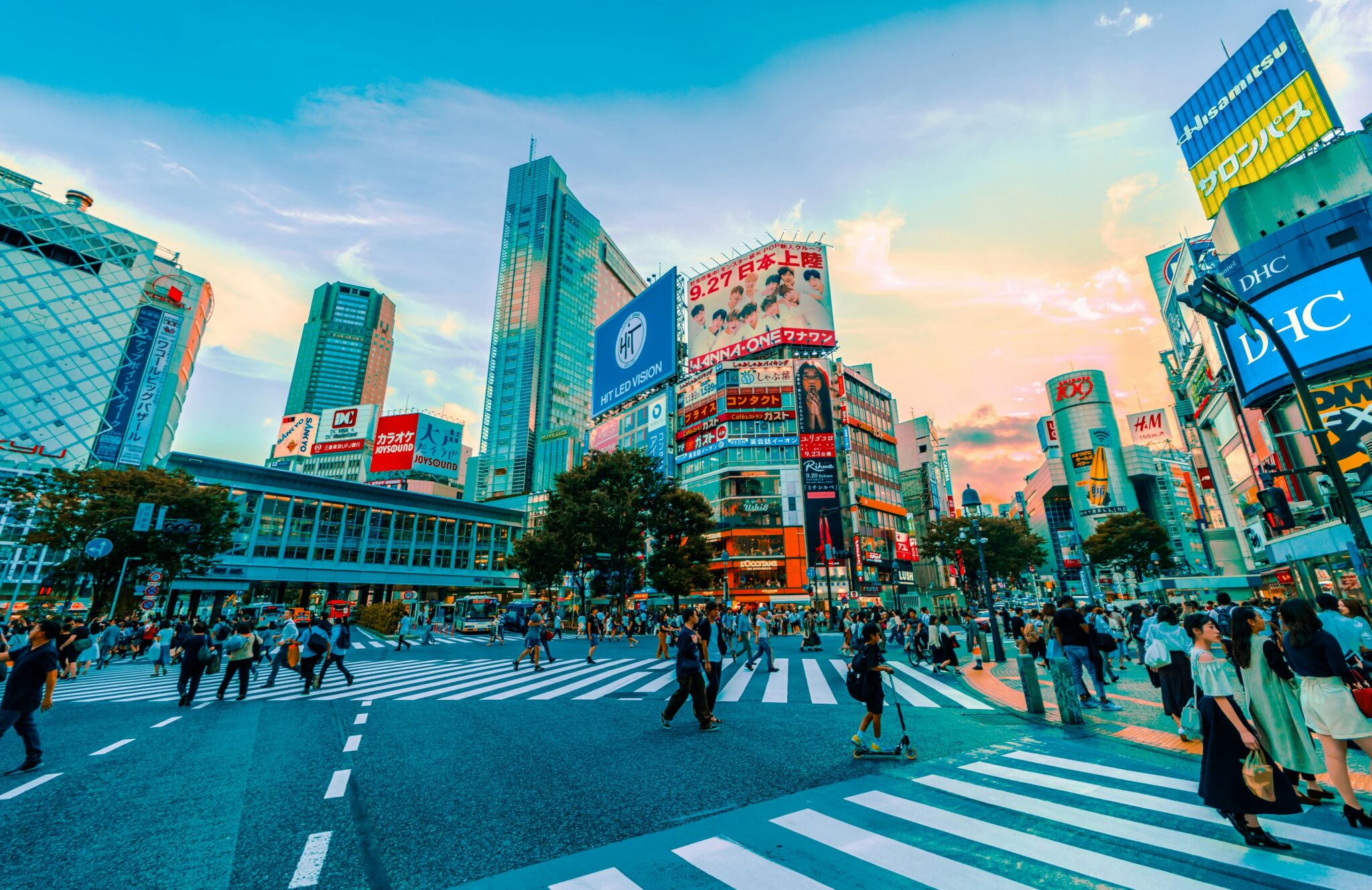
Photо: Unsplash
Paris, France (2024)
Paris hosted the Olympics a century after the city last held the Games. The competitions were marked by a commitment to ecological sustainability and the use of the urban environment as a natural arena for events. The Champs-Élysées and the Seine River provided a unique atmosphere as venues for various competitions. Paris 2024 also focused on modernizing existing facilities and reducing the environmental impact.
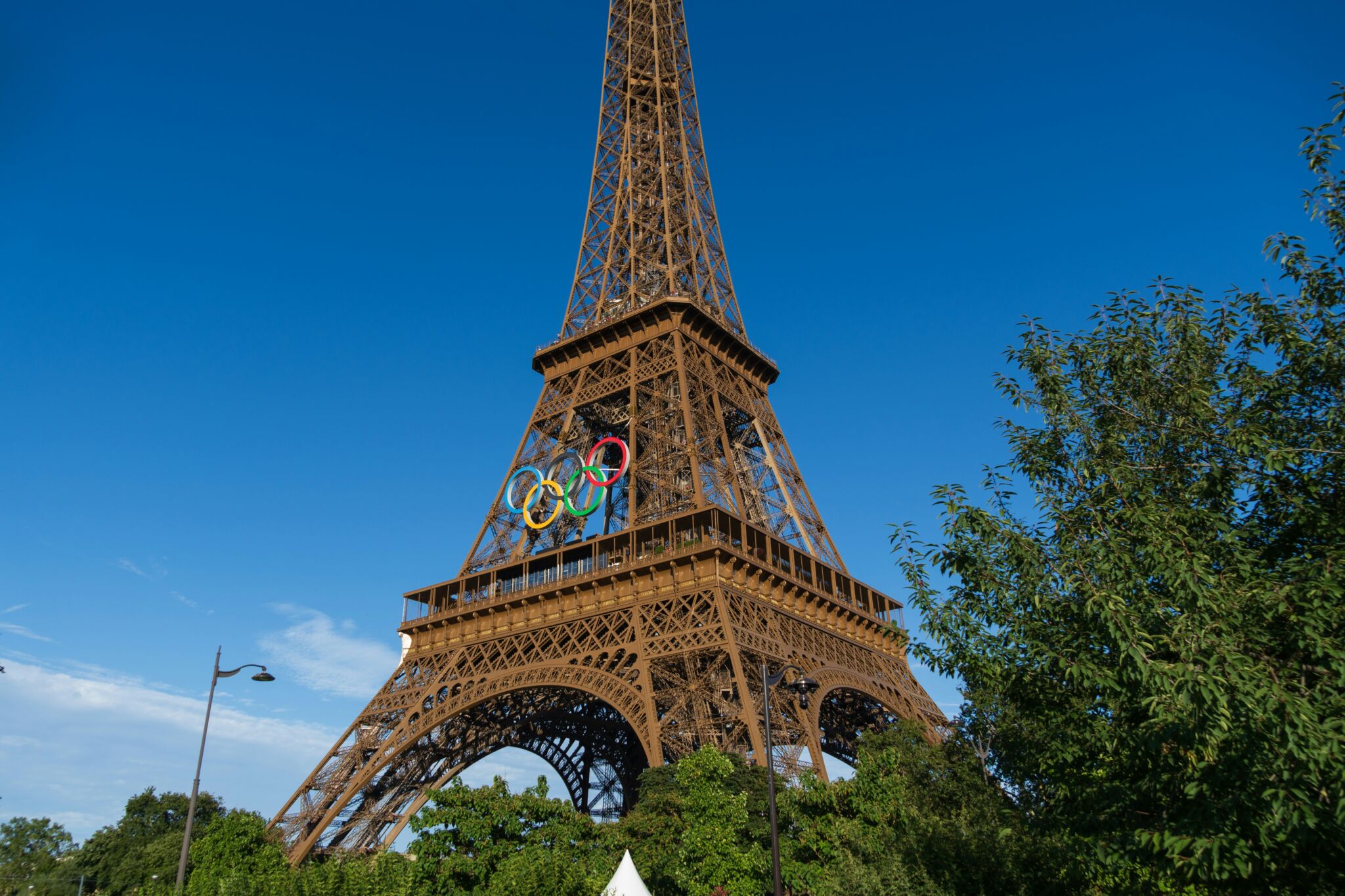
Photо: Unsplash


